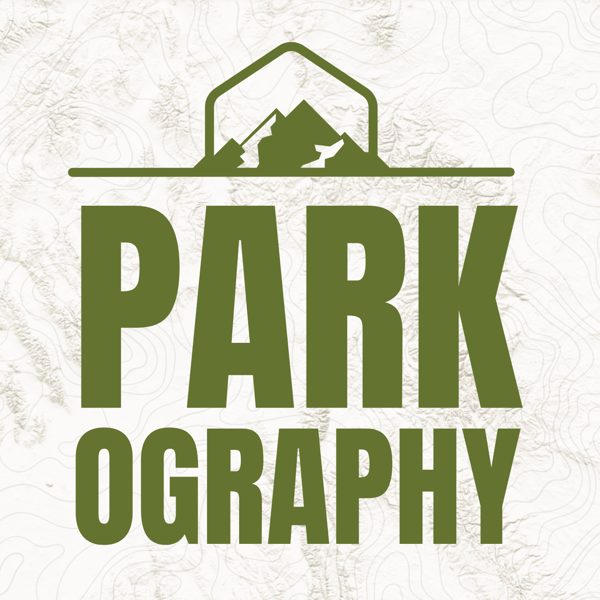Community Science in National Parks
America’s National Parks Podcast
RV Miles Network
4.9 • 870 Ratings
🗓️ 22 March 2021
⏱️ 18 minutes
🧾️ Download transcript
Summary
Transcript
Click on a timestamp to play from that location
| 0:15.7 | The America's National Parks Podcast is sponsored by L.L. Bean dedicated to helping you experience all the benefits of time outside and stay more comfortable while you're out there. From soft and breathable active wear designed to do it all, to just the right layers perfect for changing weather, |
| 0:18.4 | to sun-smart clothing that blocks the sun's harmful rays, |
| 0:22.0 | every L.L. Bean product is made with comfortable time outside in mind. |
| 0:26.6 | Visit L.L.Bine. Be an outsider. Hundreds of thousands. |
| 0:34.0 | Hundreds of thousands of people around the world |
| 0:40.0 | are spending their free time counting birds, measuring water quality, or monitoring pollinators. |
| 0:49.0 | They may also be counting asteroids collecting bugs measuring air quality reporting |
| 0:54.3 | wildlife sightings or tracking monarch migration. The amazing thing is that |
| 0:59.4 | these people are not career scientists. They live in the city and in the country. They go |
| 1:04.7 | backpacking or have picnics in the park. They vary in age and it doesn't matter |
| 1:08.9 | what their job is. They are community scientists. |
| 1:13.0 | Community science is the practice of data collection by everyday people. |
| 1:18.0 | That is, people who aren't scientists. |
| 1:21.0 | Community scientists volunteer their time to help collect data, |
| 1:24.7 | analyze results, and solve problems about important issues facing our natural world, |
| 1:30.0 | and that includes our national parks. |
| 1:33.0 | Sometimes the best and easiest way to collect data is to involve volunteers. |
| 1:38.0 | For example, if a park manager needs to know what areas of the park need better protection, they may need to |
| 1:44.6 | know where rare plants are blooming each year. A mobile app can support volunteer scientists |
| 1:50.3 | to record when they see those flowers. |
| 1:53.0 | And if hundreds of people get involved in the project, |
| 1:56.0 | there will be more data than if this single scientist tried to explore the entire park alone. |
... |
Please login to see the full transcript.
Disclaimer: The podcast and artwork embedded on this page are from RV Miles Network, and are the property of its owner and not affiliated with or endorsed by Tapesearch.
Generated transcripts are the property of RV Miles Network and are distributed freely under the Fair Use doctrine. Transcripts generated by Tapesearch are not guaranteed to be accurate.
Copyright © Tapesearch 2025.

